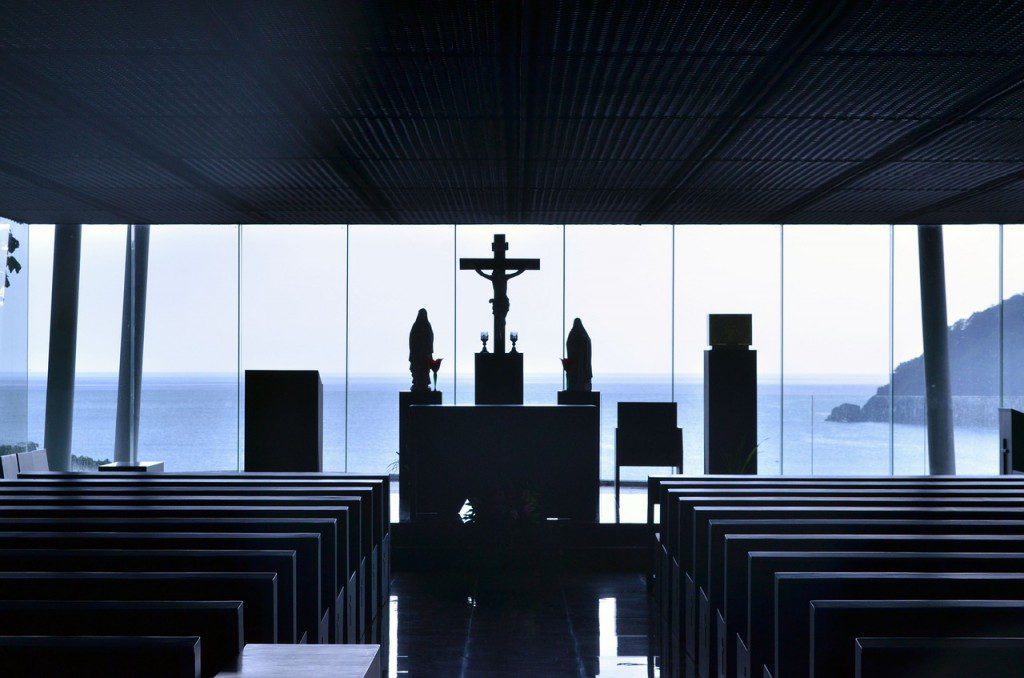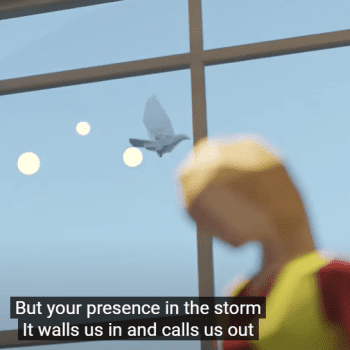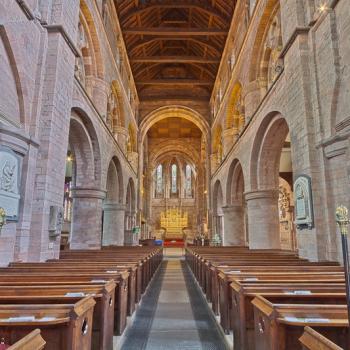
By Mike Coyner
Our United Methodist mission statement has a second sentence.
Most people seem to know the first sentence: “Making disciples of Jesus Christ for the transformation of the world.”
Many people do not know that there is a second sentence to that mission statement which says: “Local congregations provide the most significant arena through which disciple-making occurs.”
Not all disciples are made through local congregations, but all disciples eventually must be linked to a local congregation. There was a song written by Avery and Marsh years ago which said in jest: “I can be a Christian by myself, keep my dusty Bible on the shelf; I’ll sing a song and pray a bit, and God will make the best of it. I can be a Christian by myself.” The point of that song is that Icannot be a Christian by myself, I need a small group to hold me accountable, and I need a congregation to support, sustain, develop, challenge, and expand my Christian walk.
The second sentence of our UMC mission statement reminds us why we are making “Vital Congregations” (I actually prefer the terms “vibrant” or “fruitful” congregations) such a focus of our efforts as the Indiana Conference. It is because congregations help to make disciples, nurture disciples, strengthen disciples, and send forth disciples to transform the world.
If I could add a third sentence to our UMC mission statement, it would be “Local congregations are also the most significant arena through which we transform the world.” That sentence is only true when we get the local congregation focused outwardly — helping those newly-made and continually-formed disciples to do their part to change the world into the likeness of Christ. That sentence would remind us that a congregation does not exist for its own members, other than helping them to become better disciples. A congregation exists to send its members/disciples out to transform the world. Mostly that happens through our individual lives, being a “world-changer,” as we said at our Annual Conference Session in June, making a difference in our own world, our network of relationships, our sphere of influence, and our ministry settings. Each one of us, and every one of us, is called to help transform the world. Yet it often requires being a part of a vibrant congregation to do so. I can’t do it alone, and neither can you.
No matter how many sentences we add to our UMC mission statement, it is clear that we are in a new day (or a return to an old day from our history) when we focus clearly upon strengthening, growing, multiplying, and encouraging our congregations as the primary arena for making disciples, growing disciples, and sending disciples to transform the world. Do we still need UM-related institutions, denominational structures, and other systems for congregations to work together? Of course, but whenever we allow those other structures to think of themselves as primary then we have lost the power of what it means to be “church.” Can a local congregation become “ill” or “dysfunctional” and too focused upon its own existence? Yes, sadly that happens.
But a healthy, vibrant congregation helps to make disciples and to send those disciples to transform the world. Knowing that truth about the second sentence of our mission statement means that it is never enough just to “go to church on Sunday.”
 Mike Coyner is the retired bishop of the Indiana Area of the United Methodist Church. Reprinted from INUMC.org. Image: Pixabay.
Mike Coyner is the retired bishop of the Indiana Area of the United Methodist Church. Reprinted from INUMC.org. Image: Pixabay.













